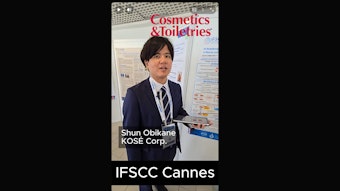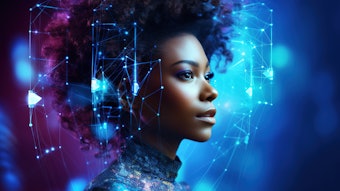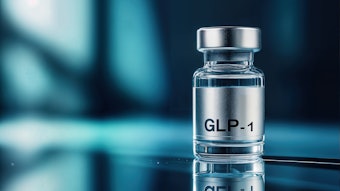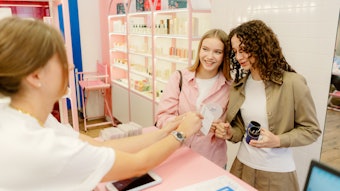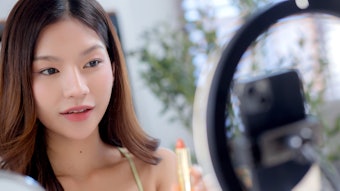
AI may be the number one trend in the world for 2023. The advancements seen in ChatGPT alone have excited and terrified individuals, from fully AI-powered renditions of popular T.V. shows to EveLab's AI skin analysis, Haut.AI's SkinGPT and much more, there may be significant advancements yet traversed, but what has come to fruition today is still remarkable.
As the year continues it is becoming more apparent just how prominent AI will be in the very near future. Unlike the declining popularity of the metaverse, specified by an article from Forbes, AI is here to stay and it has carved out a space in the cosmetic world.
A study released on Feb. 28, 2023, aimed to use AI to predict the sensitizing potential of cosmetic ingredients with accuracy comparable to animal and in vitro tests. The in silico model evaluated ingredients based on their physicochemical characteristics and compared the predictions with historical animal data and results from “omics”-based in vitro studies. The best results yielded an accuracy of 86%, sensitivity of 80% and specificity of 90%.
The study concluded that the proposed approach may be useful in the safety assessment of cosmetics, as in silico models consume little resources, are free of ethical concerns and can provide results for multiple chemicals almost instantly.
This advancement could have an impact on the industry, as testing methods have been a controversial topic for decades. Considering the recent decision for Canada to ban animal testing, the jump to utilizing AI may not be as far as many think.
A summation of data about AI from 2018 to 2022 from Stanford University highlights several interesting advancements, including a global increase in AI legislation federal budgets for AI R&D, and an increase in industrial robots and AI labor demand as well as an uptick in AI controversies and CO2 emissions.
Although the data begins at the year 2018, the cosmetics industry has incorporated AI since at least 2016, with HiMirror's wifi-enabled sensor mirror, which offers personalized skin care analyses based on a user's skin condition over time. The company is still around today and now offers a cheaper version.
Further, in 2021, Ninu launched a customizable AI-powered perfume that can be adjusted through an app. The product offers a 100-in-1 fragrance bottle controlled by the app and uses materials that are earth-friendly and reduce plastic waste. However, today the product only seems to be available via pre order.
Many other cosmetic AI products fall into skin care, which seems to be the most well-defined and adjusted corner of the industry as many companies have released skin analysis apps or makeup advisors. Still, these apps offer an interesting take on AI as a whole and shed light on what it could become in the future.

